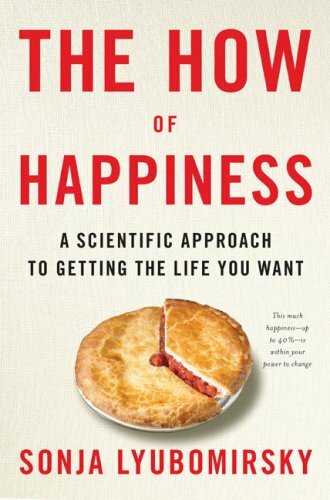-
-
-
-
-
-
-
-
Resources
-
-
-
-
Readings in Positive Psychology
Below you will find articles and a series of books that provide excellent overviews of the field of Positive Psychology.
CPPA also offers members a much more extensive reading list on many of the most popular topics in positive psychology, such as the nature of well-being, character strengths, meaning, flow, the benefits of well-being, biological correlates of well-being, predictors of well-being, cross-cultural differences in well-being, relationships, positive institutions, resilience, post traumatic growth, and positive interventions. The list is updated regularly and allows CPPA members to quickly and easily acquaint themselves with the most cutting edge research and writing on the topics that interest them.
Brief overviews
Seligman, Martin E. P., & Csikszentmihalyi, Mihaly “Mike.” (2000). Positive Psychology: An introduction. American Psychologist, 55, 5-14.
Gable, Shelley L., & Haidt, Jonathan. (2005). What (and why) is Positive Psychology. Review of General Psychology, 9, 103-110.
Park, N., & Peterson, C. (2009). Achieving and sustaining a good life. Perspectives on Psychological Science, 4, 422-428.
Two well being journals where the articles can be downloaded for free
Psychology of Well-beingOverviews of Positive Psychology for scholars

David, S.A., Boniwell, I., & Ayers, A.C. (Eds.) (2012). The Oxford Handbook of Happiness. Oxford University Press.
The most comprehensive handbook on happiness ever published, exploring psychological, philosophical, evolutionary, economic, and spiritual approaches to happiness in a single volume. Contributors are established, forward-thinking experts in their fields, resulting in a book that is a commanding and powerful review of the field. Written in a scholarly but accessible tone. Click here for the table of contents.
Click here to receive 20% off this volume.

Keyes, Corey L. M., & Haidt, Jonathan. (Eds.). (2002). Flourishing: Positive psychology and the life well-lived. Washington, D.C.: American Psychological Association.

Lopez. S., & Snyder, C. R. (Eds.) (2009). The Oxford Handbook of Positive Psychology, Second Edition. New York: Oxford University Press.

Snyder, Charles “Rick,” & Lopez, Shane J. (2002). Handbook of positive psychology. London: Oxford University Press.

Snyder, Charles “Rick,” & Lopez, Shane J. (2007). Positive psychology, the scientific and practical explorations of human strengths. Sage.

Sheldon, K., Kashdan, T.B., & Steger, M.F. (Eds.) (2011). Designing Positive Psychology: Taking Stock and Moving Forward (Series in Positive Psychology. Oxford University Press.
Overviews of Positive Psychology for the general public

Ben-Shahar, Tal. (2007). Happier. New York: McGraw-Hill.

Boniwell, Ilona. (2006). Positive psychology in a nutshell (2nd Edition). PWBC.

Haidt, Jonathan. (2006). The happiness hypothesis: Finding modern truth in ancient wisdom. Basic Books.

Linley, Alex, Willars, Janet, & Biswas-Diener, Robert. (2010). The strengths book: Be confident, be successful, and enjoy better relationships by realizing the best of you. CAPP Press.

Lyubomirsky, Sonja. (2008). The HOW of happiness. London: Sphere.

Lyubomirsky, S. (2013). The myths of happiness: What should make you happy, but doesn’t, what shouldn’t make you happy, but does. Penguin Press.

Peterson, Christopher. (2006). A primer in positive psychology. New York: Oxford University Press.

Seligman, Martin. E. P. (2002). Authentic happiness: Using the new positive psychology to realize your potential for lasting fulfilment. Free Press.

Seligman, M. E. P. (2011). Flourish: A Visionary New Understanding of Happiness and Well-being. New York: Free Press.
